War of the Eight Princes: Background 八王之乱
The new Total War Three Kingdoms DLC involves intense infighting between
the royal uncles and princes of Jin dynasty (265–420)
Art by Ming Qi
It ended with nearly all of the central characters dead or defeated and the heartland that had been the home of the Chinese people for thousands of years, the birthplace of the Chinese culture, where the very first of Chinese dynasties were born from was utterly conquered by hordes of whole foreign peoples. So little did all the fighting men converging into this crucible know, they were inadvertently igniting their very homeland to burn. The endless strife that they would lit upon a unified China would not stop burning for the next three centuries.
Iron Horses: The Jin (265–420) would see some of the first true heavy cavalries in China. The development of heavy cavalry in China corresponded with the invention of
double stirrups. To this day, some of the earliest heavy horse armor were dated to the Jin dynasty. Iron faulds also began to appear in large quantities during the Three Kingdoms period and Jin dynasty.
THE CORE CONFLICT: EMPRESS VS PRINCES
THE PURGES OF THE EMPRESS
THE EIGHT PRINCES
Though Jia was right in viewing the princes of the Sima clan as rivals. Before we proceed it is better to understand why they were so powerful and why she would see them in this manner. For when the Jin dynasty finally reunified the realm, its founders were keenly aware of the failures of the last days of the Han dynasty. To prevent a fall like that of the Han, they attempted to formulate an alternative to secure their hold on power.
Royal Princes and Nobles: Counterweights to Ancient Failures
In analyzing the frailty of Han's final rulers, its scheming eunuchs, and processions of ambitious military governors that ultimately cannot be trusted (remember that Cao Cao and many of the most powerful warlords had once been men of such stripes, including the ancestors of the Sima clan himself: Sima Yi) the Sima clan decided that to create an enduring alternative- they would instead look toward their own family.
1 UNSTOPPABLE FORCE Vs 8 IMMOVABLE PRINCES
Prelude in Luoyang, Purge of the Emperor's Regents
Attire of a Jin- Northern dynasty Prince. Nobles of northern China were
frequently depicted sitting on a raised wooden dais in the centuries that followed
the collapse of Jin dynasty.
At first Empress Jia sought to cleverly manipulate the key princes one by one and maneuver them to act on her behalf. In fact they had been instrumental in her consolidation of power and in wiping out all of Emperor Hui's inner circle that threatened Jia's rule.
However, Empress Jia enlisted Sima Wei's help and launched a coup against the imperial regent. Sima Wei's army promptly had many of the Yang clans arrested. In time, Yang Jun, the Empress Dowager Yang, and the rest of the Yang clan were all massacred.
The First Prince Purged
The first explosion of violence between the royal princes happened between the statesmen of two different generations. The new regent- Sima Liang, a dutiful elder statesman was very weary of the power held by his grand nephew Sima Wei. Having witnessed what the youth did to his predecessor Yang Jun, Liang was right to be fearful of being treated in a similar manner.
This proved to be the point of no return, for blood had been shed and for each crime there needed to be a criminal that must be punished. Or this is how Empress Jia framed it.
Liability- The Second Prince
Immediately after the slaying of both Sima Liang and Wei Guan, Sima Wei and Empress Jia must have both realized that in the gaping vacuum of the imperial regents, there lies a void that must be filled. Jia likely also realized that a powerful military man (known wide and far for his brash unruly temper) could not be contained and in the coming days would only be a lurking liability. In this crackling, tense filled atmosphere Sima Wei's advisers too had pointed to him the danger of a powermonger like Jia- and recommended to him that to stave off danger he should assault the palaces and slay her so he could take the crown for himself so as to restore the realm to rightful rule. However Sima Wei rejected this suggestion.
It would be his undoing. Empress Jia immediately pounced on the matter and framed that Sima Wei had forged the edict and acted on his own (illegal) initiative in the slaughter of the 2 regents. Thus Sima Wei was arrested and then publicly executed as a traitor. In his death: the true conflict was set.
THE BATTLE ROYALE: PRINCES VS PRINCES
Though Empress Jia had installed herself as the undisputed mistress of the entire court and had shown the realm what she is capable with a legacy of blood. 2 of the imperial princes- Sima Liang and Sima Wei had died in blood. Now it would be a realm of weary princes who stood against her. When one of the senior princes: Sima Lun arrested Empress Jia and forced Emperor Hui to retire in 300, many of the princes marched against him with their whole armies.
What had started as a series of escalating coups around the imperial city of Luoyang would soon erupt into a greater conflict involving some of the most dangerous and most entrenched men in the empire. And behind each was a full army ready to beckon the call.
Sima Ai, the Prince of Changsha could perhaps be remembered as the Hamlet- like lone tragic hero in this story (and the lone prince spared by the scrutiny of many historians.) Handsome, friendly, dutiful, and humble, he was thrusted into the prince's knife fight when he was only 16. Despite his age he proved to be one of the most dangerous generals among the princes. During the entire war he supported several of his uncles who ended up turning on him.
Despite these betrayals, however, he was able to resoundingly defeat several of his foes. Including cutting down Prince Sima Jiong and his army in a full 3 day battle within Luoyang. When he did held power he treated his uncle Emperor Hui with respect and tried reform the realm- including pardoning many who had warred against him. If he was not again betrayed, he would have done much more.
Rather than the slow ramp up of the Three Kingdoms period, each of the Princes would have a large imperial army at their disposal. What followed would be 16 years of coups and wars between the princes themselves.
Whole armies would clash against each other in the combustible atmosphere of war across Jin, and in this great attritional death spiral of men and arms, more and more men are fed into this rapacious whirlpool- including tens of thousands of foreign mercenaries from beyond Jin's northern frontiers.
THE HOLLOW THRONE
Neither history nor the attitude of the later historians cared much for the hollow winners of this hollow war. For in the rapacious war between the princes- as they themselves weakened and slaughtered each other, the only winners was their nomadic mercenaries.
Jin empire in 316 AD. By that time, northern China was blanketed with a series of small kingdom each controlled by a northern horde, initiating a period of total war called the Sixteen Kingdoms across northern China- during which tribes spilled into China proper and fought for supremacy as the sole power of northern China.
A REALM EXILED: REALMS VS REALMS
The punishment provoked by the actors and endless wars they instigated will not stop in northern China even ages after their fall. When at last northern China was reunited under the Northern Wei dynasty, northern China had seen nearly 130 years of wars. Whole cities had been completely destroyed and abandoned, whole provinces depopulated, and whole administrative systems had collapse. Commerce was ruined to such an extend that in many areas only a barter system remained. A whole people was made into a thin shadow of what they have been.
Ironically, in this Dark Age, it was up to the descendants of one of the invading peoples- the Touba clan of Xianbei nomads to pick up the pieces.
"WEI"
→ ☯ [PLEASE SUPPORT ME @ PATREON] ☯ ←
Thank you to my Patrons who has contributed $10 and above: You made this happen!
➢ ☯ Vincent Ho (FerrumFlos1st)
➢ ☯ BurenErdene Altankhuyag
➢ ☯ Stephen D Rynerson
➢ ☯ Michael Lam
➢ ☯ Peter Hellman

















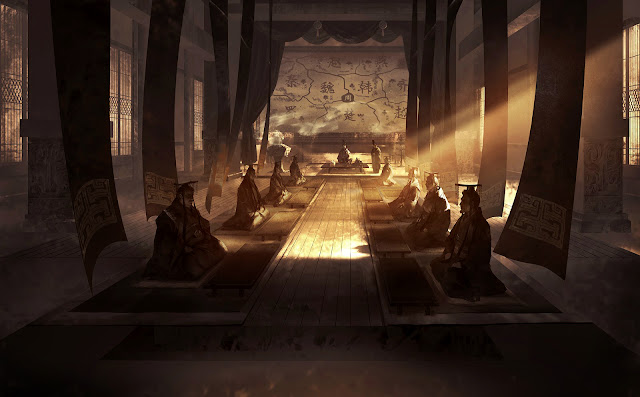







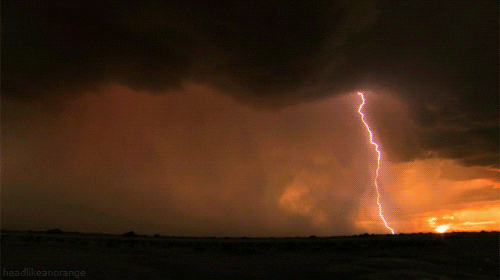



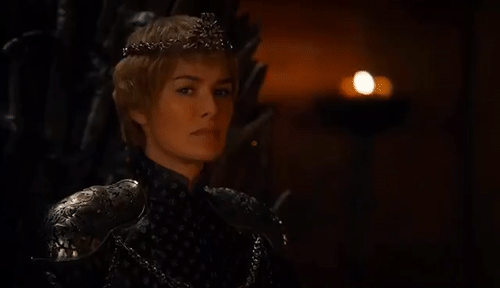

















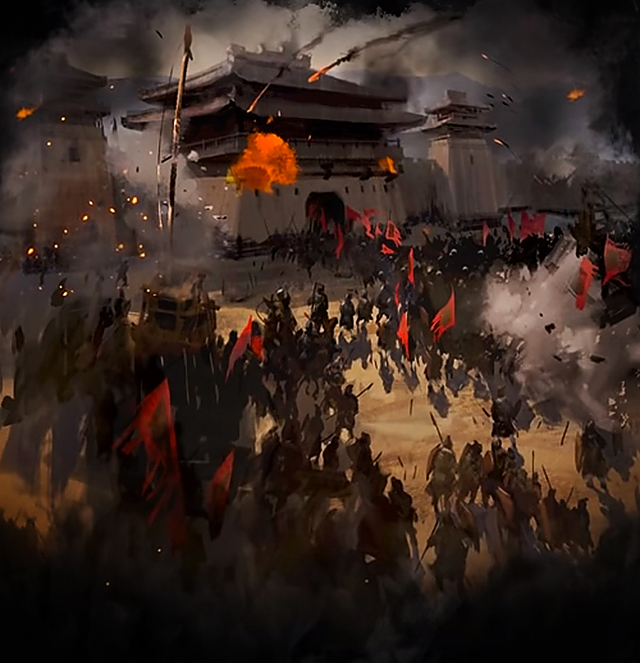



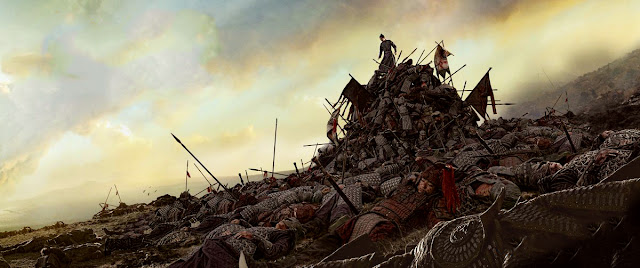









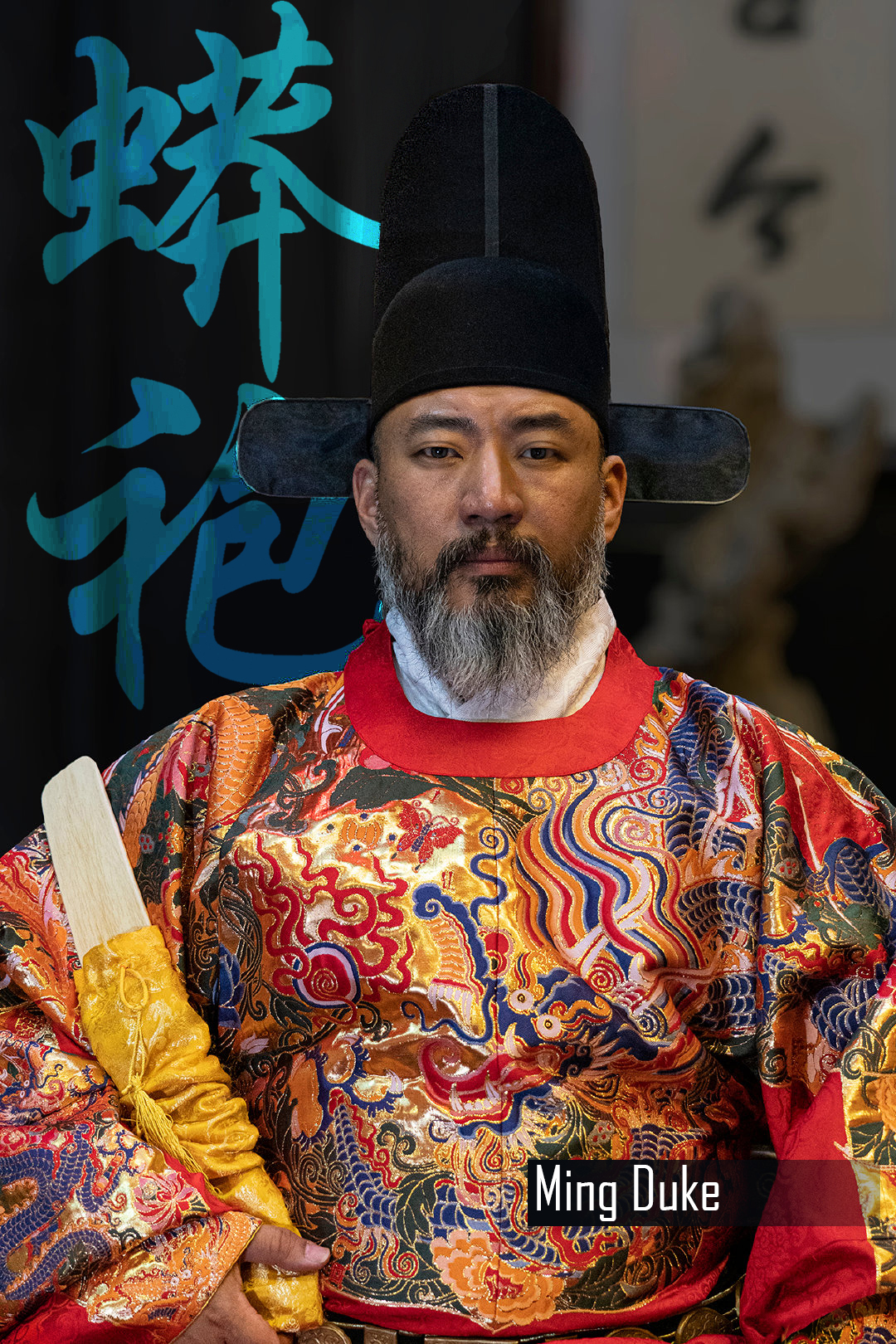
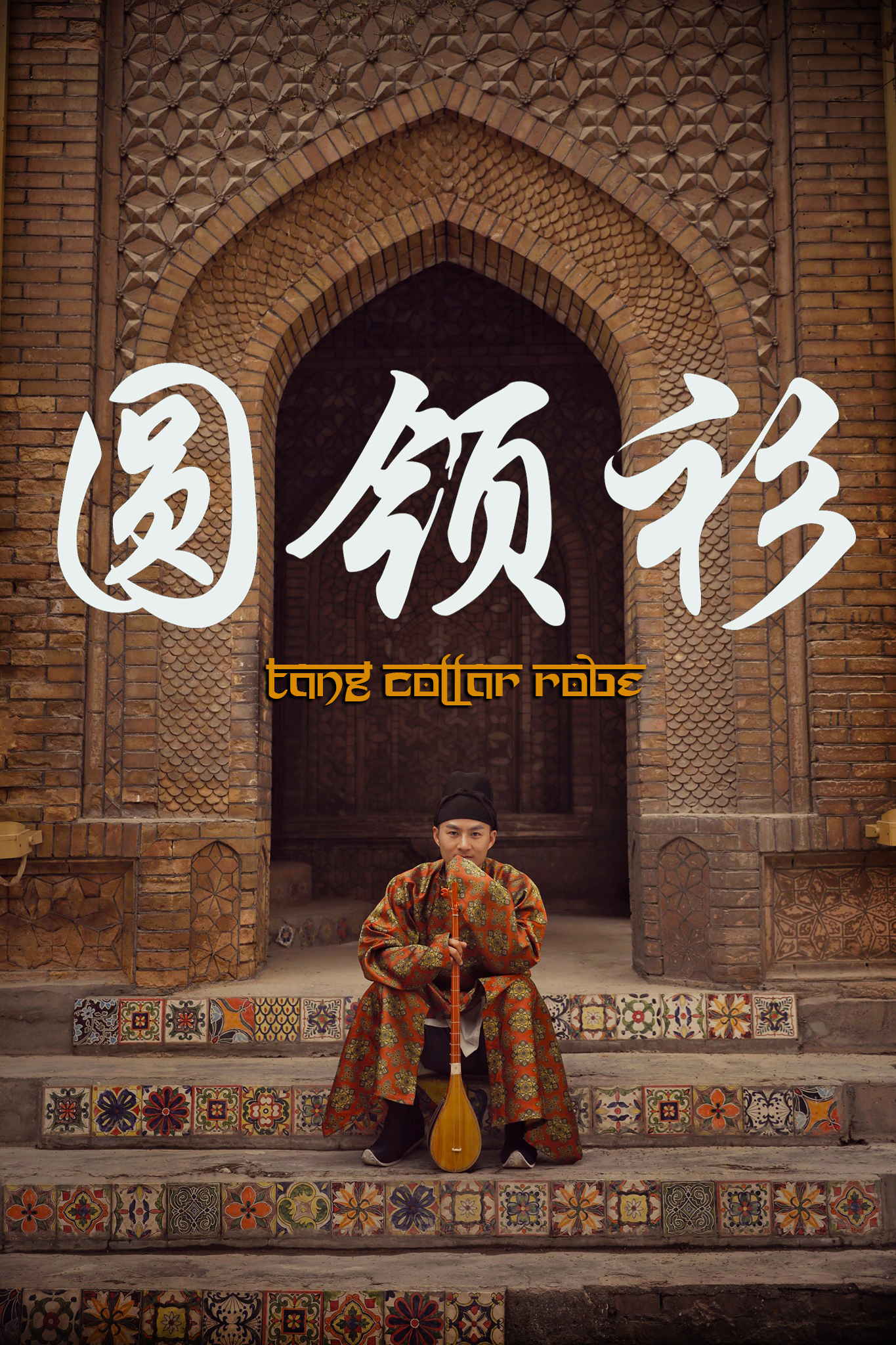

Comments
Xianbei (proto-mongol)
Di、Qiang (proto-tibetan)
Jie (Yeniseian)
This Japanese girl also likes tang taizong. You can make friends with her (◦˙▽˙◦)